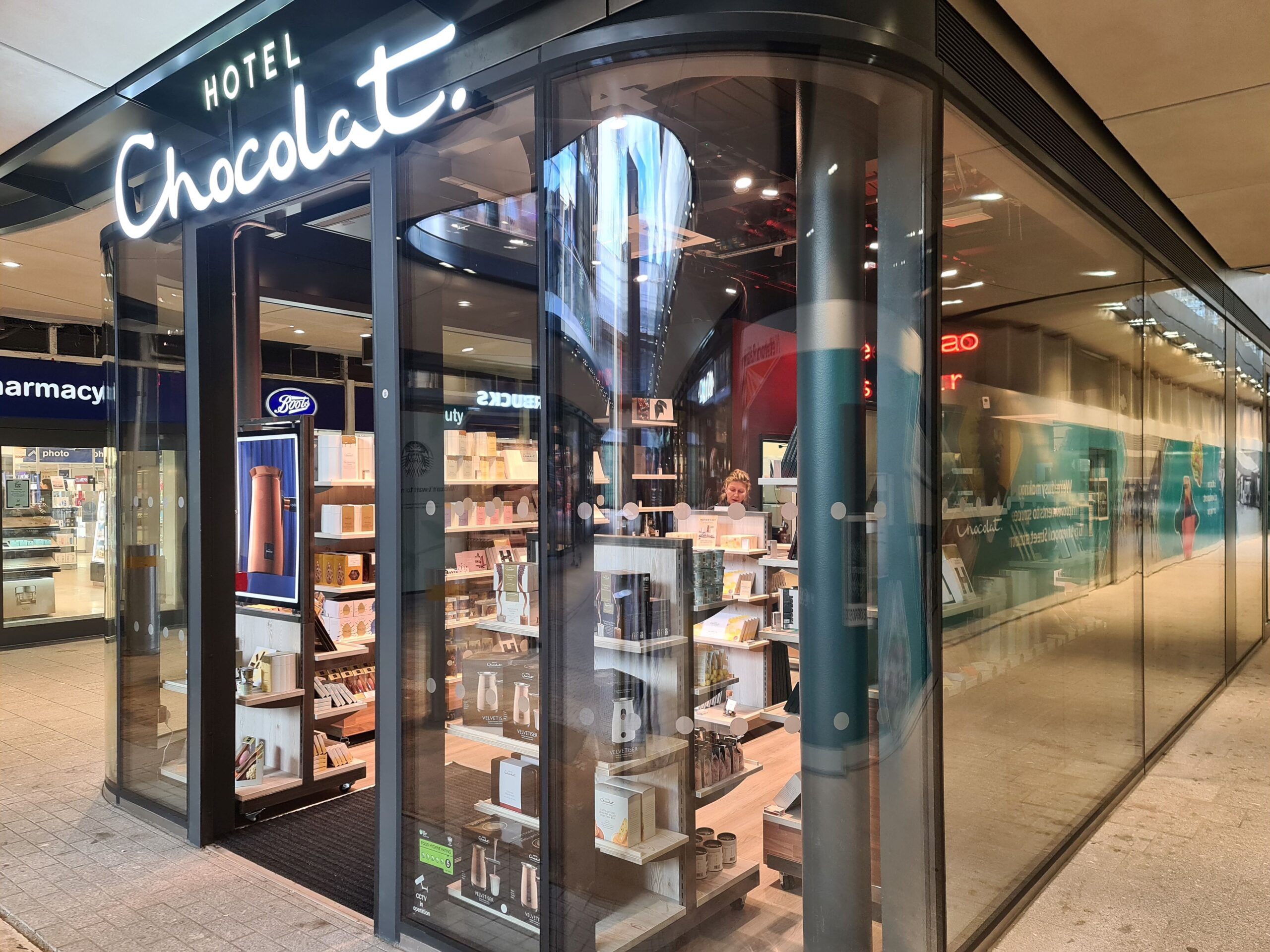Young people are often influenced by family and friends as well as what’s around them. In 2013, education company Pearson UK produced a study that showed a third of young people garner careers advice from TV. Attention grabbing shows can create a wave of interest in occupations that had hitherto been ‘off radar’. Take, for example, how a popular series such as ‘CSI’ has driven a surge in aspirant forensic scientists when there are actually very few jobs in this occupation.
Logistics and supply chain represents the flip side of this mismatch coin, as a report published last summer by CASCAiD, the producer of careers information and guidance solutions, illustrates. It highlights a local skills gap identified by one Local Enterprise Partnership (LEP). This LEP has retail, logistics & manufacturing among its top growth areas over the next six years but has found that only 8% of young people within its area are interested in roles within those sectors. However, over 40% are aspiring to roles in creative / media careers and uniformed services – sectors that are not expected to supply significant growth opportunities.
More optimistically, the research also noted that when it comes to planning their future careers – young people are savvier than many adults suspect. Indeed, Pearson’s study also suggested that despite turning to popular culture for advice, pupils have a clear desire to hear from people running businesses. It found however that only 10% of all pupils currently get advice from business people, yet given the choice 31% of pupils would prioritise getting information from them.
A further challenge lies in the fact that it is getting harder for young people to access any careers advisors. In the past, careers advisors would generally see between 90 to 100% of year 10 or 11 children at schools. These days, government funding is constrained and many careers advisors have been made redundant. Schools now tend to either outsource this service at their own expense or carry it out themselves, through their own staff, rather than employing qualified advisors.
Under these circumstances, it would help if logistics and supply chain were featured more prominently on normal GCSE business studies courses, in the way that marketing and advertising often are. Students seem to gain an inherent understanding of these careers. Businesses can help by taking the sector to schools and conveying how the logistics and supply chain incorporates many of the qualities young people are seeking in a career.
The most popular work features identified in the CASCAiD study include: teamwork, practical work, giving advice, being accurate and paying attention to detail, using a computer, solving problems, planning how work is to be carried out, organising and supervising people, explaining ideas and information to people, providing a service to members of the public and influencing peoples’ decisions or actions. These are all key characteristics of logistics and supply chain management.
There is a skills gap in the supply chain sector that needs to be filled for the UK economy as a whole to continue to develop successfully. Organisations are increasingly focusing on their supply chain, so it is imperative for the sector to attract the best young talent; people who are capable of keeping abreast of new technology and systems and who possess the kind of soft skills required for the role -such as good customer service, communication, leadership, and people management skills.
Today’s logistics and supply chain sector is sophisticated, intellectual and technology-led. Managers are supporting omnichannel retail, globalisation, sustainability, collaboration and mitigating supply chain risk to ensure the right product is in the right place at the right time. It is a career with great prospects, where top supply chain directors can earn a six-figure salary.
This is reflected in NOVUS’ two innovative four-year Supply Chain Management degree courses, which cover core subjects such as supply chain management, finance, statistics, organisational structure and methods, sociology, psychology, transport network design, warehouse design, inventory management, supply chain IT and HR management.
Sponsored by an array of blue chip companies, the courses will arm graduates with the tools they need for a successful career in the industry, starting with a guaranteed job from one of the course sponsors. Sponsoring companies also provide mentors, paid placements in the holiday periods and third year.
A dynamic industry operating in a global environment, logistics and supply chain inspires imagination. Businesses, careers advisors, schools and parents need to work together to get young people interested.
Andy Kaye is Chair and founder of the NOVUS Trust and CEO and founder of recruitment and business consultancy BiS Henderson.
The NOVUS scheme is run on a ‘not-for-profit’ basis by The NOVUS Trust. A management team of supply chain and logistics professionals assembled to develop the initiative is drawn from organisations such as BiS Henderson; Premier Foods; Wincanton; Lloyd Fraser; the University of Huddersfield; and the Chartered Institute of Logistics & Transport (CILT).







